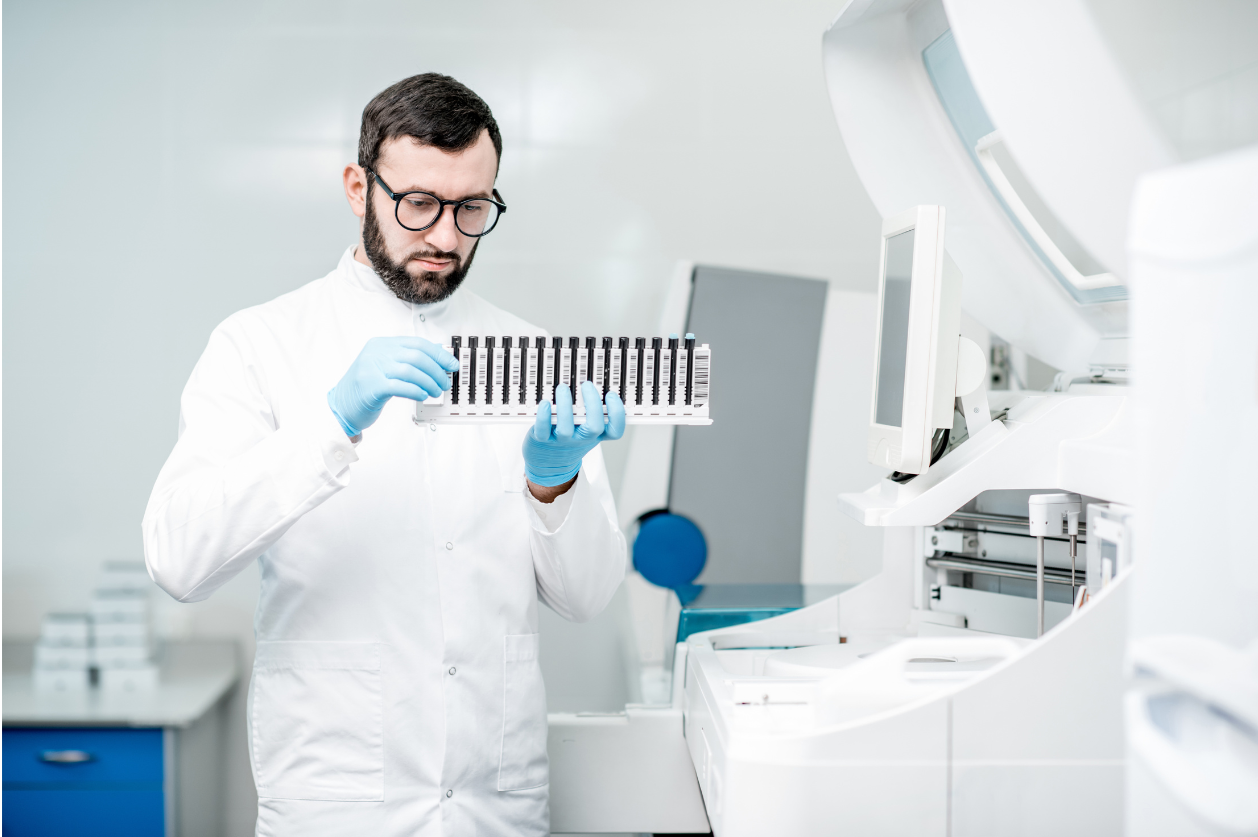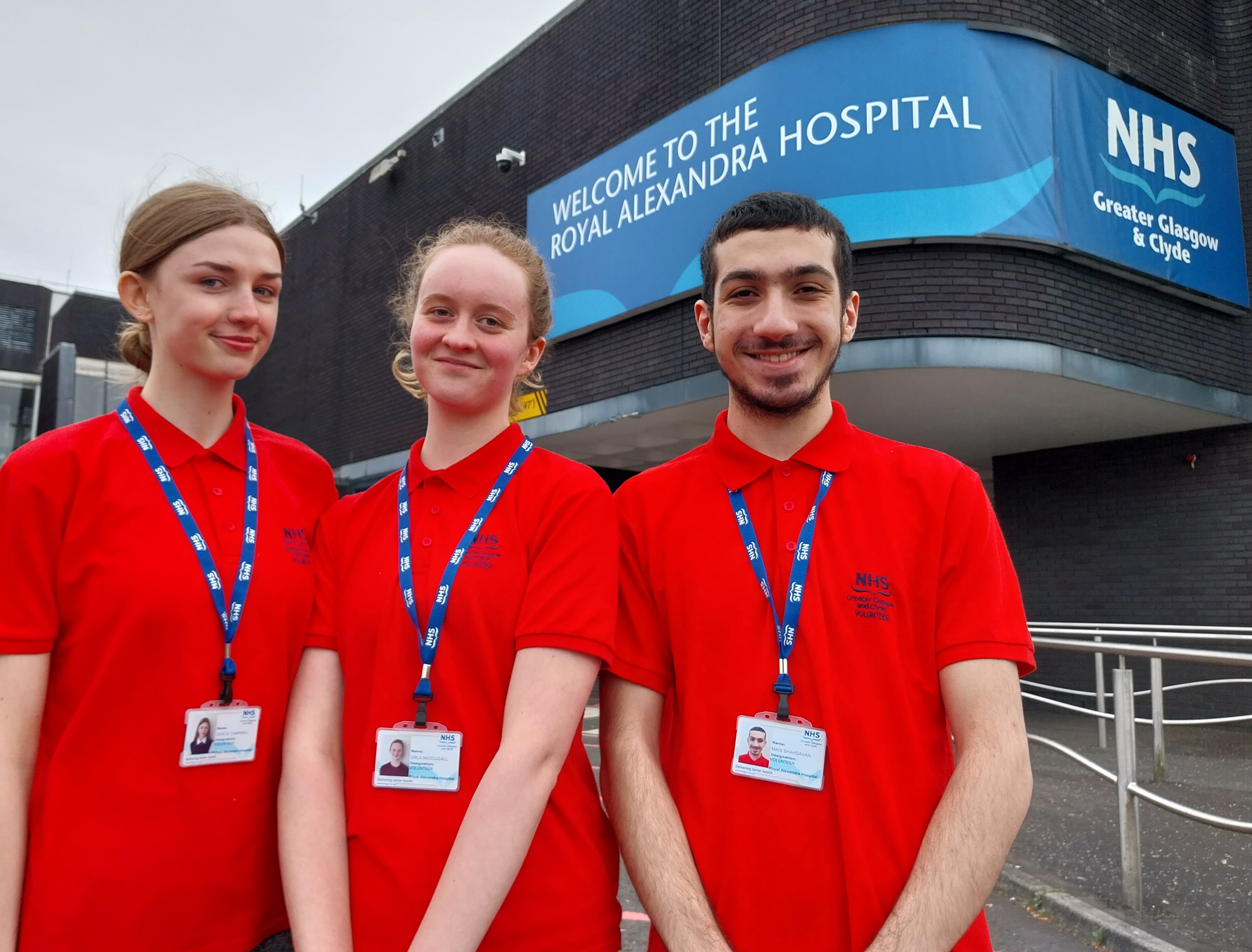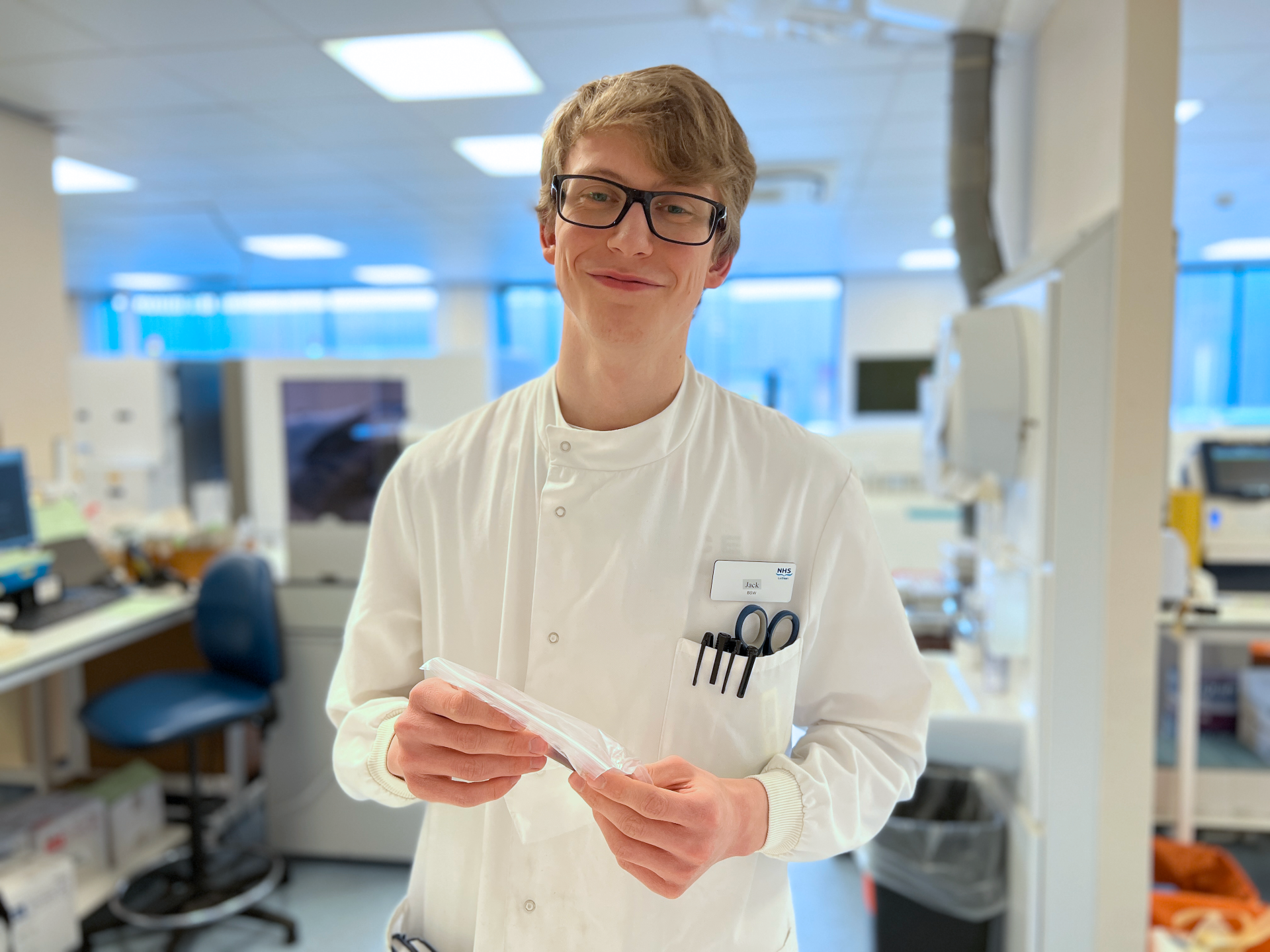Previous
Anatomical pathology technologist
You can become an assistant practitioner in life sciences by doing a Modern Apprenticeship or applying for a vacancy on our recruitment website.
Assistant practitioners in life sciences carry out essential tasks in the laboratory, such as:
They work in lots of different areas of the clinical laboratory service, including:
Assistant practitioners in life sciences are also known as healthcare science support workers or biomedical science support workers.

To become an assistant practitioner in life sciences, useful school subjects include:
Speak to your guidance teacher or careers adviser about subjects offered at your school.

You may find it helpful to get some healthcare experience by doing a work placement or volunteering. You’ll get training, increase your knowledge, and learn new skills. This could help you when applying to college or a new job with NHSScotland.
A Modern Apprenticeship is one route to a career as an assistant practitioner in life sciences in the NHS.
During the programme, you’ll complete an industry-recognised qualification. You’ll also learn about operating procedures, health and safety, and laboratory equipment.
Learn more about the Life Sciences and Related Science Industries Modern Apprenticeship at SCQF level 6.
You can also apply for vacancies on our recruitment website.
As an assistant practitioner, you’ll assist in the smooth running of a busy hospital laboratory.
Your main tasks may include:
You'll need these skills:
You could work with the following:
As an assistant practitioner, you’ll work in a hospital laboratory.

Jack is a Modern Apprentice Assistant Practitioner in Life Sciences at NHS Lothian. Discover what it's like to work in a hospital lab as Jack shares his story and career future plans.
You will be encouraged to develop your career in NHSScotland. You'll receive training on the following:
You could also complete additional qualifications, including the following:
You could become an associate practitioner in life sciences. Essential learning and training include:
Find out more about the role of an associate practitioner in life sciences.
As an assistant practitioner in life sciences, you can join the Institute of Biomedical Science (IBMS).

Discover the range of healthcare science careers you can choose in the NHS.
Healthcare science
Our blog includes how-to guides, case studies, and career resources.
Discover more